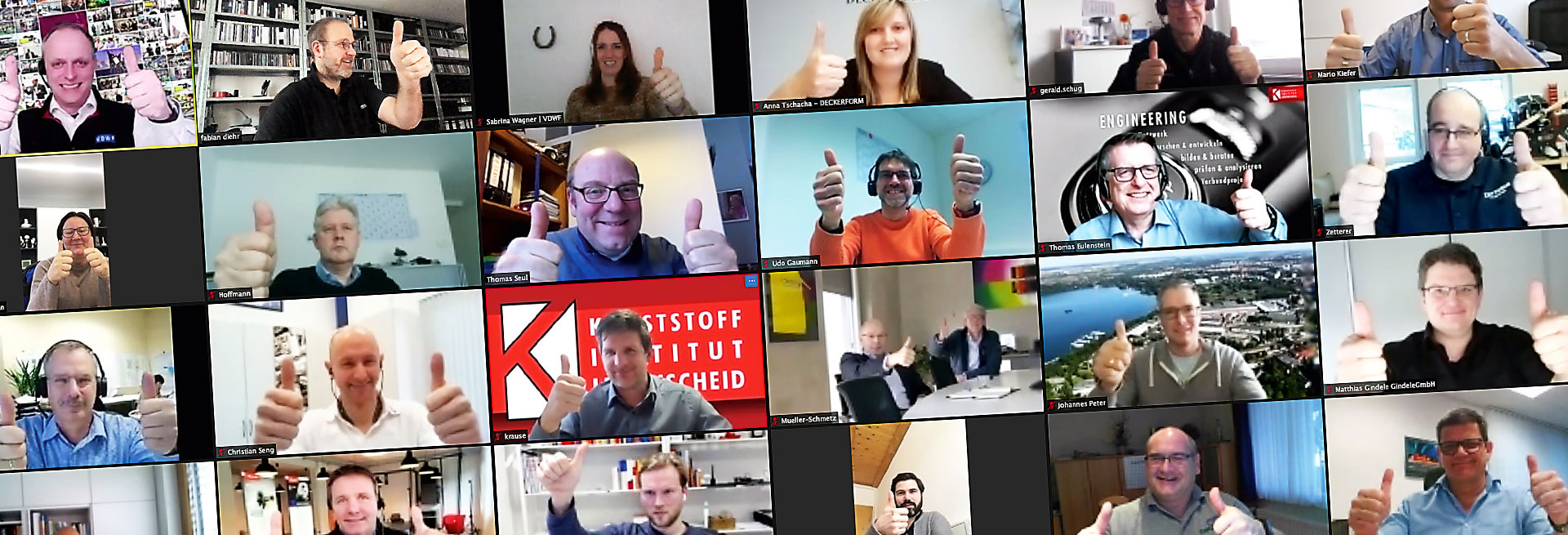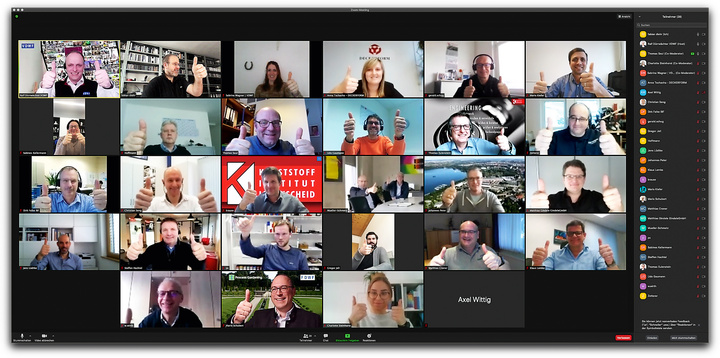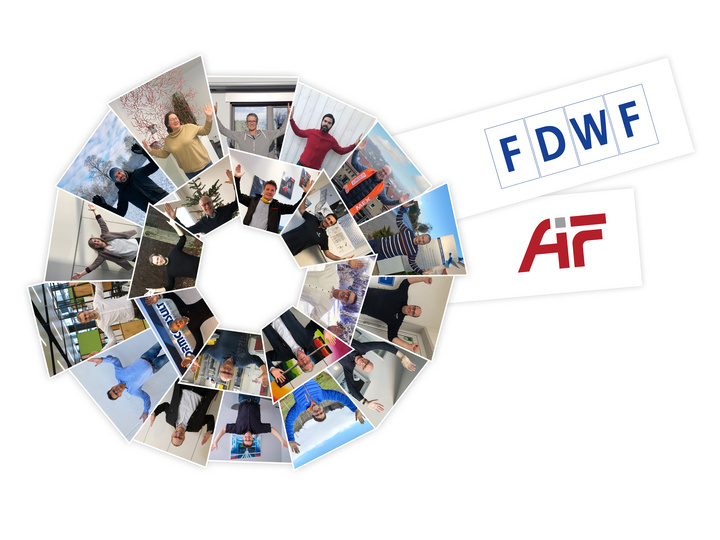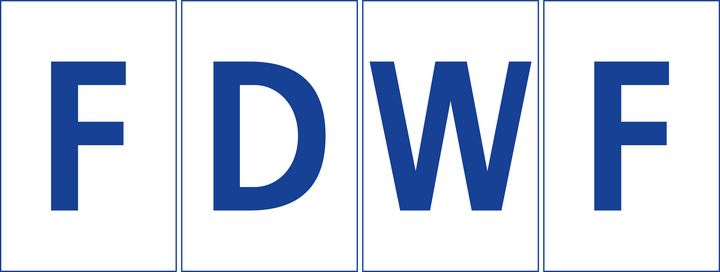VDWF initiates research association for tool and die making (FDWF)
Schwendi, November 15: Yesterday, the German Federation of Industrial Research Associations (AiF) had 99 members. Today, with the Research Association of German Tool and Die Makers (FDWF), it is rounding 100. A big step has thus been taken for research work that is better tailored to the industry and for more visibility of the tool and die making sector.
The FDWF was launched in the spring on the initiative of the VDWF with 25 members, including 21 SMEs, the VDWF itself, the Lüdenscheid Plastics Institute and Schmalkalden University. "With the foundation of the FDWF, we would like to promote the tool and die industry in Germany and its competitiveness even more. Our goal is above all to strengthen the scientific side and the transfer and thus to bring our entire industry further forward or to support the internationally leading position of our tool and die makers," explains Prof. Dr. Thomas Seul, VDWF President and Chairman of the Board of FDWF as well as FDWF Board Member for Associations, Science and Transfer.
Driving research and development for SMEs
Tool and die making is a key industry in Germany. "We are also European production champions and an industry with exceptional innovative strength," explains Mario Kiefer, Managing Director of Kiefer and FDWF Board Member for the Stamping, Bending and Forming Toolmaking Division. "More than two-thirds of the companies based in Germany are small and medium-sized and thus usually without their own research and development departments." And the industry's economic situation is becoming increasingly precarious due to increasing price pressure from foreign competitors - often large companies. "The mold and die industry can only continue to be a driver of innovation if it is given a strong voice," says Anna Tschacha, managing director of Deckerform and FDWF board member for injection mold making. "With the founding of the FDWF and our membership in the AiF, we want to drive pre-competitive research that serves our industry and strengthens small and medium-sized companies in particular."
On the one hand, the FDWF is to implement this by initiating scientific research projects, promoting joint industrial research and awarding grants to solve scientific and technical tasks. On the other hand, it is to ensure the transfer of research progress and practical experience to companies in the industry through specialist conferences, seminars, lectures and exhibitions.
To ensure that research projects can be planned, monitored and evaluated at a scientific level in accordance with the needs of the companies in the industry, the Research Association has an Innovation Advisory Board. This decides on research projects and is mainly composed of the founding members of the FDWF and the working group leaders of the VDWF. The second body with an advisory role is the Scientific Board of Trustees, which is made up of the scientific members of the FDWF in addition to the Board of Directors and the Executive Director. Initial planned projects focus on digitally networked structures of collaborative value chains in industrial toolmaking, on research into new technologies in the manufacture of production tools and on the sustainable use of resources in industrial production.
AiF and FDWF: a perfect team
In order to realize these and other projects, the AiF is the perfect partner for the FDWF: As an industry-supported umbrella organization of now exactly 100 non-profit research associations, the AiF, with more than 50,000 integrated companies and around 1,200 participating scientific institutions, has the goal of initiating research for small and medium-sized enterprises, qualifying specialists in innovative fields and organizing the exchange of information on the results of scientific research. Pre-competitive joint research is organized in the AiF network and publicly funded by the German Federal Ministry for Economic Affairs and Energy. Of the more than 238,000 research projects supervised to date, the development of the chipboard or the radio-controlled clock are prominent examples.
"There are many funding programs for research in Germany," says Prof. Seul, "but only through a dedicated research association and, above all, with the support of the AiF, can these be tailored and coordinated specifically to the tool and die industry. On the other hand, however, joint research only works if the industry players also get involved, he said. "When we discussed our idea of founding the FDWF in our network, 22 companies immediately came together - 21 of them SMEs - to let the association see the light of day together. I was very pleased to see this sign of great cohesion in our industry," reports Seul. "And the fact that we have now succeeded in taking the next step by becoming members of the AiF is a wonderful confirmation for all of us."





